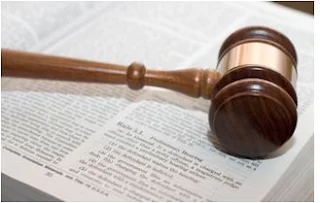Preparing to move to a new apartment, you need to attest tenancy contract with Ejari for getting electricity and water connection in Dubai from 1st of July 2017 onwards.
It’s no longer possible to move to your new flat and have your tenancy contract attested by getting an Ejari (‘My Rent’ in Arabic) at a much later date unless you want to live without electricity and water.
The Dubai Electricity and Water Authority (Dewa) on Tuesday announced that attesting tenancy contract will be mandatory for to get their electricity and water services activated beginning July 1.
To avail of Dewa’s services, customers must attest their tenancy contracts at any of the 800 real estate offices approved by Dubai Land Department. They do not have to visit Dewa’s customer happiness centres since the two agencies are now linked, saving their time and effort.Once the Ejari is attested, the customer will receive a welcome message from Dewa via e-mail and SMS, including the account and premise numbers, as well as a link to pay the security deposit.
Once the security deposit is paid online or using any of the smart channels provided by Dewa, electricity and water services are activated for the customer.
Saeed Mohammad Al Tayer, Managing Director and CEO of Dewa, said the move supports Dewa’s efforts to achieve the vision of the Dubai Government to enhance transparency and improve efficiency in the government sector and adhere to the best international practices."Government departments in Dubai work to achieve the vision of His Highness Shaikh Mohammad Bin Rashid Al Maktoum, Vice-President and Prime Minister of the UAE and Ruler of Dubai, to enhance integration among each other to unify procedures and save the time and effort needed to get government services,” Al Tayer said.





